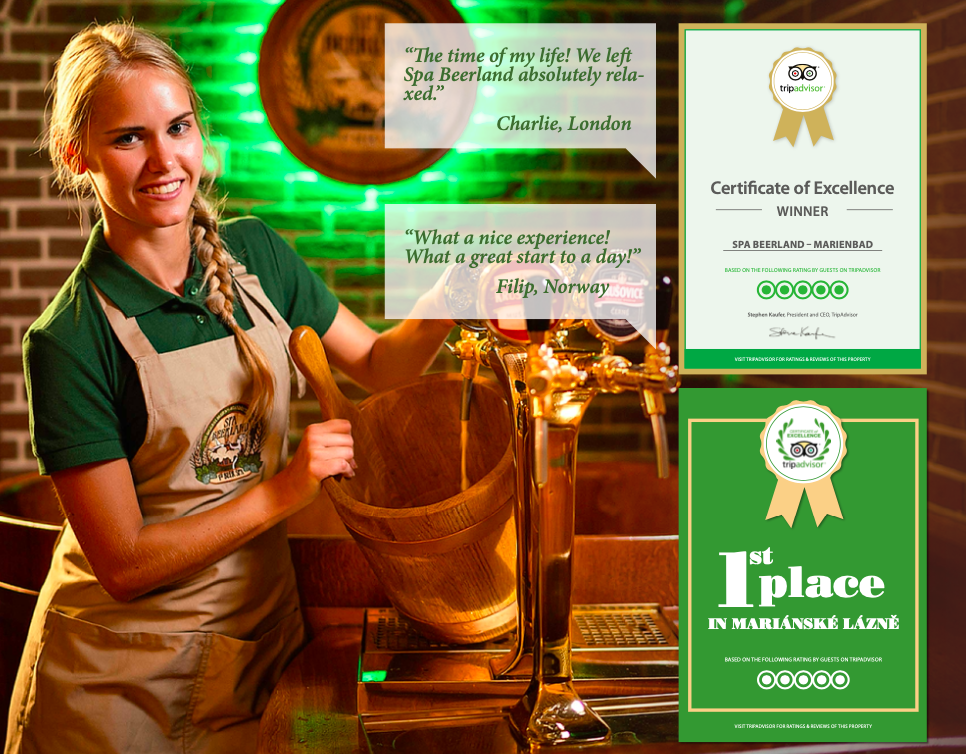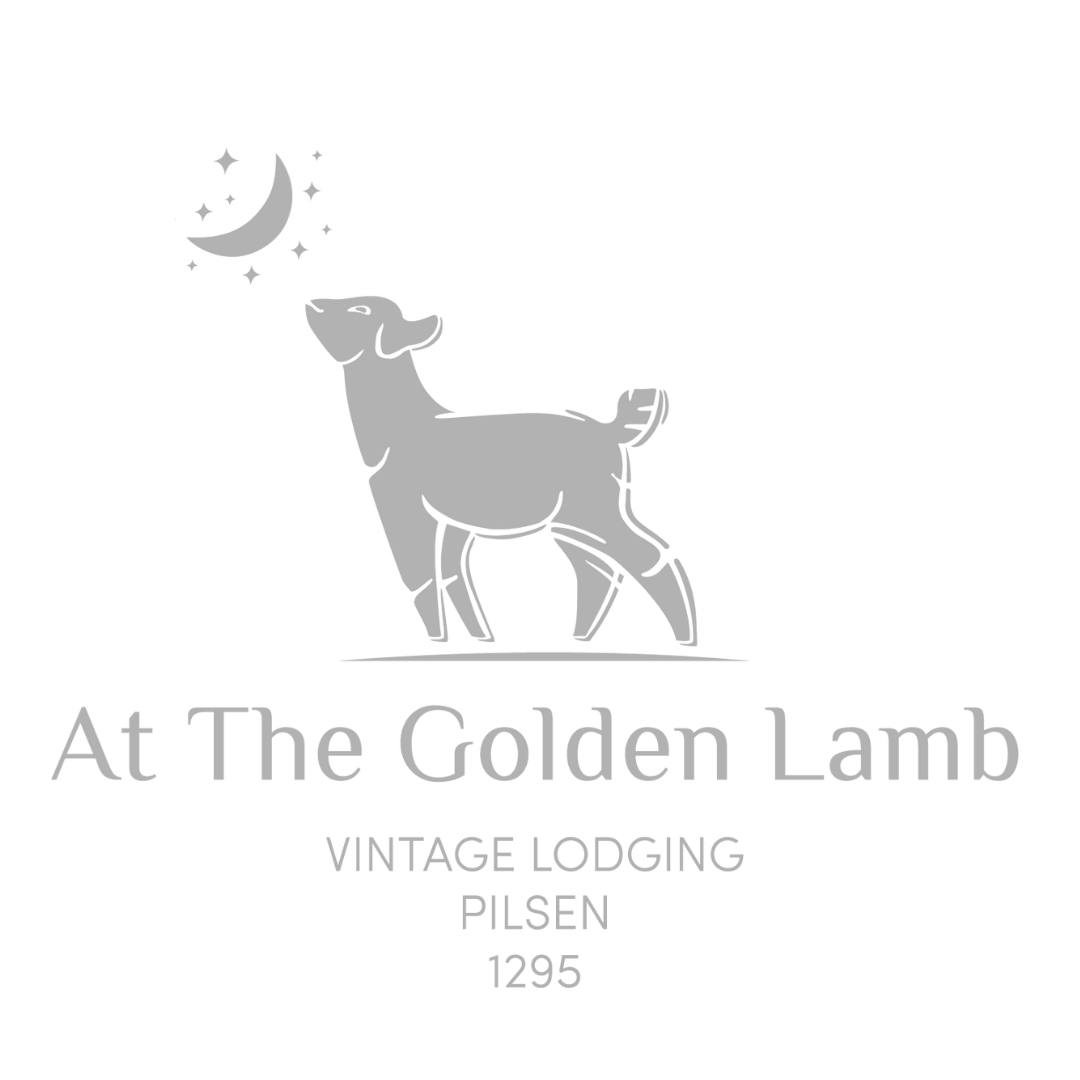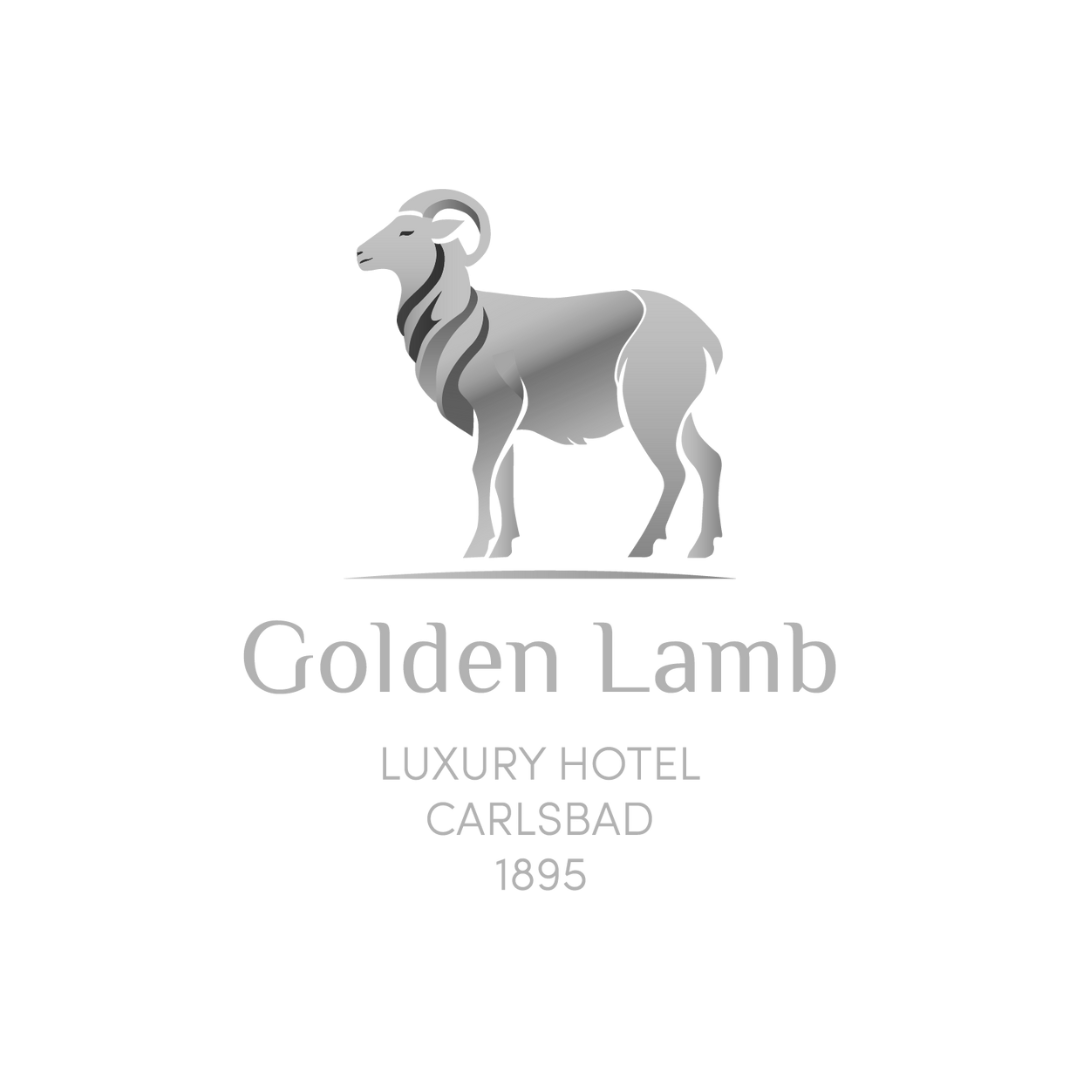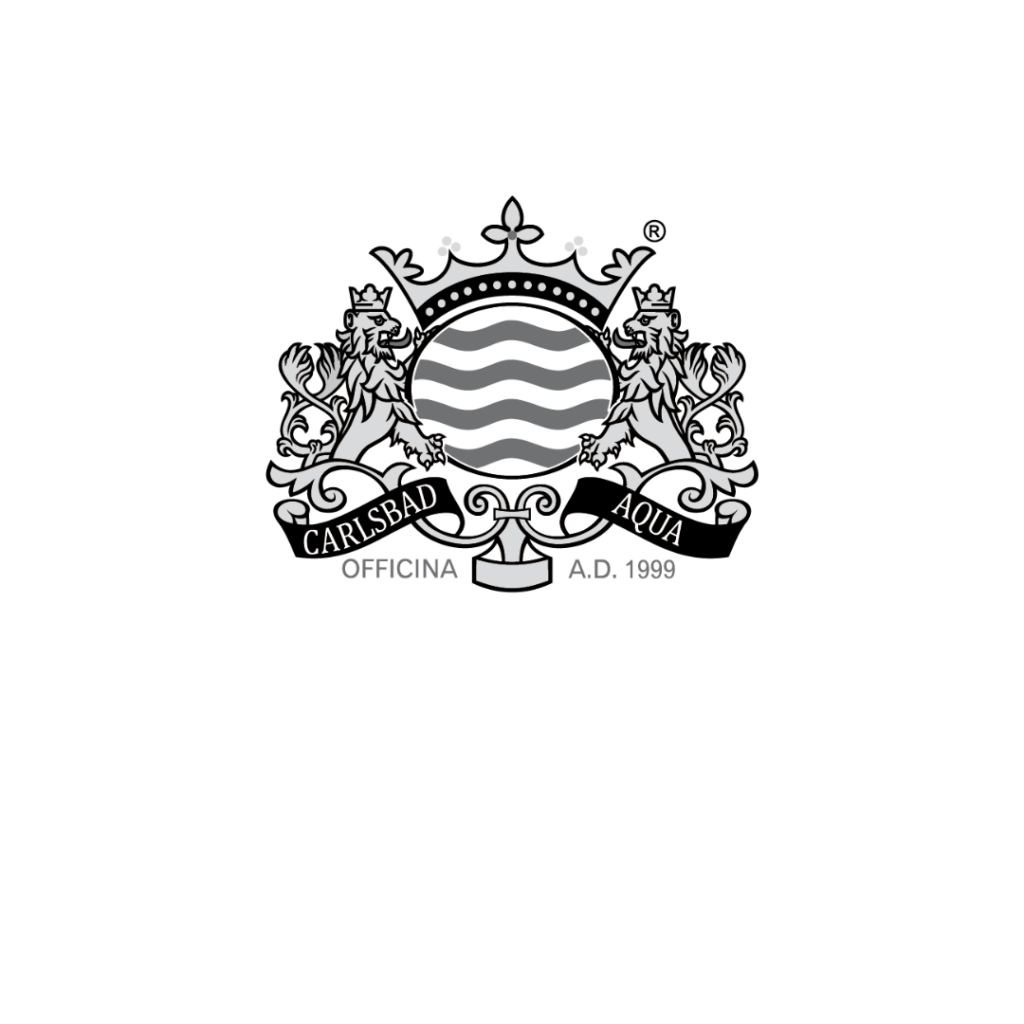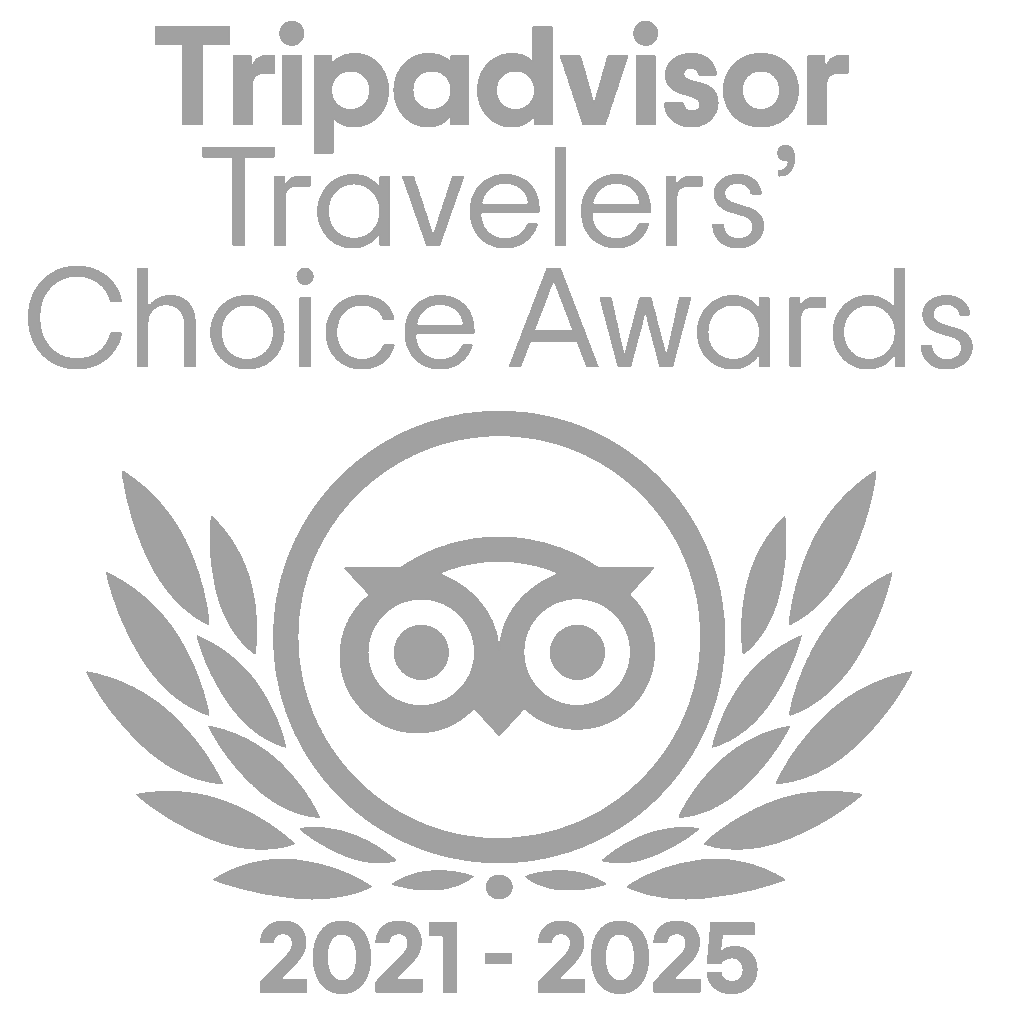The first baths began to appear in ancient China and Egypt. They used hot springs for personal hygiene as well as for treating illness and improving immunity. The first beer baths are recorded around two thousand years ago.
Beer baths, including its internal use, have long been practised in folk medicine – our grandmothers and great-grandmothers recommended brewer’s yeast for many ailments – it is a by-product of beer production and has been used for medicinal purposes since ancient times.
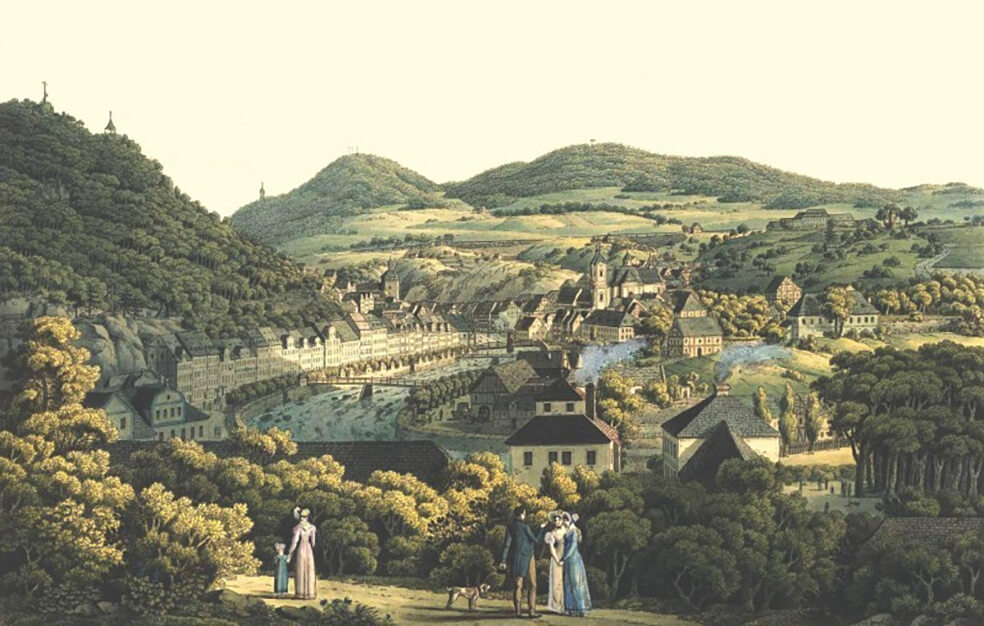
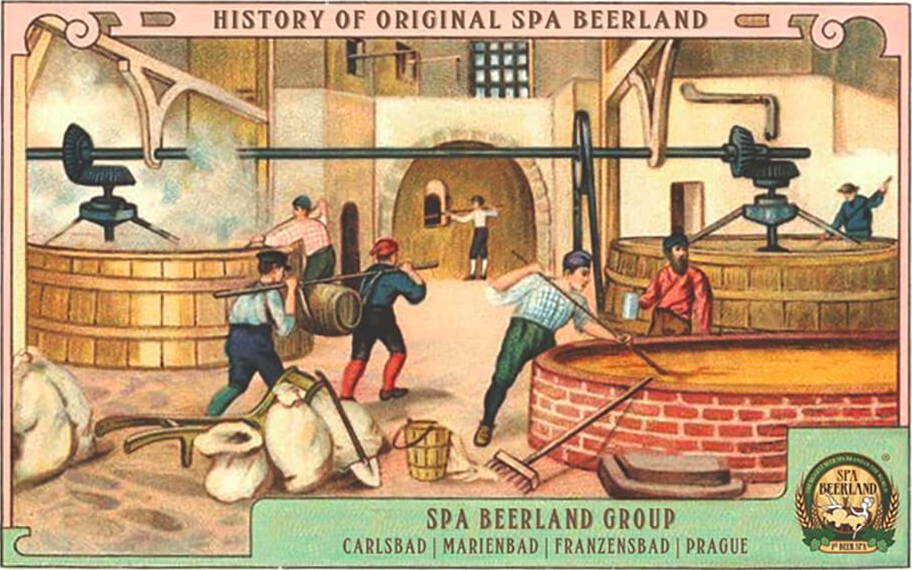
Spa Beerland® – the only original, since 1981!
Welcome to Rudolphine Prague at the turn of the 16th and 17th centuries. At that time, Prague was a true labyrinth of the world, where the cultural, artistic and scientific leaders of the time clashed, where research, discovery and creation were tireless. Prague was a true centre of cultural and scientific Europe. And all thanks to Rudolf II. Habsburg (18 July 1552, Vienna – 20 January 1612, Prague), Roman Emperor, King of Hungary, Bohemia and Croatia and Archduke of Austria.
As an enthusiastic lover of art, patron and supporter of the sciences, Rudolf II contributed to the cultural flowering of the Czech lands and intensive international contacts in the field of science and culture. On the recommendation of the director of his alchemical workshops, the learned naturalist and his personal physician Tadeáš Hájek of Hájek, Rudolf II also invited the renowned Danish astronomer Tycho Brahe to Prague. At the end of the 16th century, Tycho Brahe had already been working for the Danish king for many years as a prominent astronomer whose observations with instruments made according to his own designs were so accurate that they were surpassed only after the discovery of the telescope. To capitalise on his genius, Tycho was commissioned by King Frederik II of Denmark to build private laboratories and observatories at Uranienborg and Stjerneborg on the island of Hven. He worked for over twenty years on the island observatory donated by the king. For his services he was awarded the highest Danish royal decoration, the Order of the Elephant, with which he is often portrayed. In his residence on the island of Hven, which was surrounded by extensive gardens, Tycho Brahe cultivated a wide variety of herbs, the medicinal effects of which this multi-talented scientist studied in detail.
After his arrival in Prague, Tycho Brahe stayed in the house „U Zlatého noha“ – a building adjacent to the house U Zlaté hrušky. And he was in close contact with his long-time friend and scientific colleague Tadeáš Hájek of Hájek, a great expert on Czech beer, who was the first to write a learned treatise on beer (De cerevisia eiusque conficiendi ratione).
Tycho and Hájek often drank the excellent beer from the Krušovice brewery, which Rudolf II bought for the Czech Crown in 1583. Tycho, who was familiar with the healing power of herbs, immediately discovered that the unique ingredient in beer that brings relaxation and relaxation to the body is Žatec hops. He did not hesitate to embark on studies and experiments to make the most of the great effects of hops for health and rejuvenation, as ordered by Emperor Rudolf II himself. Tycho carried out his research in alchemical laboratories that he set up in the cellars of a neighbouring building – the house of the Golden Pear – the house you are in today. After a series of experiments, Tycho concluded that the best effects of relaxation and overall regeneration of the body, calming of the nerves and rejuvenation of the skin are achieved in a whirlpool bath containing crushed hops and brewer’s yeast, followed by rest on a natural straw bed. The secret ingredient in the healing treatment was also the beer itself. A good mood and well-being not only during the treatment but also afterwards is promoted by continuous moderate sipping of Krušovice beer. Welcome to the world of beer and alchemy, welcome to Spa Beerland and enjoy royal wellness!
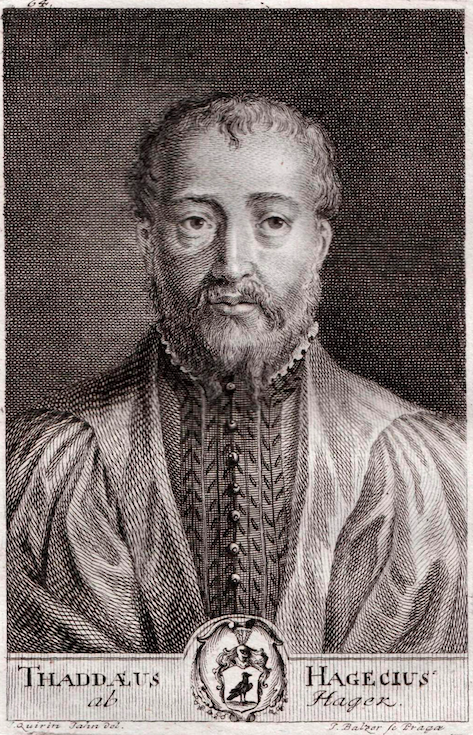
Tadeáš Hájek from Hájek
(1 December 1525 – 1 September 1600, Prague)
Czech Renaissance naturalist – astronomer, mathematician, alchemist and personal physician of Emperor Rudolf II, worked at Charles University.
“Beer, this drink is very healthy and very nutritious, it strengthens our spirit and makes our minds strong and cheerful.”
When Hajek published Mattioli’s herbarium in Czech, he expanded the section dealing with hops. He met with contemporary brewers and then described the knowledge he had acquired in the Latin publication De cerevisia ejusque conficiendi ratione, natura, viribus et facultatibus (On beer, its methods of preparation, its nature, powers and effects), which he published in Frankfurt am Main in 1584. Here, Hájek describes the technology of making kvass and beer, as well as the health effects of beer. This Latin publication is undoubtedly the first publication on beer published in Bohemia and very probably the first publication of its kind in the world.
Tycho Brahe
originally named Tyge Ottesen Brahe (14 December 1546 – 24 October 1601, Prague)
Distinguished Danish astronomer, astrologer and alchemist. He was considered to be the best and most accurate observer of the starry sky, who was surpassed only sixty years after the invention of the telescope, and worked at the universities of Copenhagen and Leipzig.
“Neither worldly power nor wealth, only the sceptre of science endures for ages.”
King Frederik II of Denmark built him the Uranienborg and Stjerneborg laboratories and observatories on the island of Hven, where he worked for over twenty years. For his services he was awarded the highest Danish royal decoration, the Order of the Elephant. In 1597, Brahe fell out with the new King Kristian IV and in 1599, on the advice of Thaddeus of Hajek, he was invited by Rudolf II to Prague, where he served as Imperial Astronomer at court.
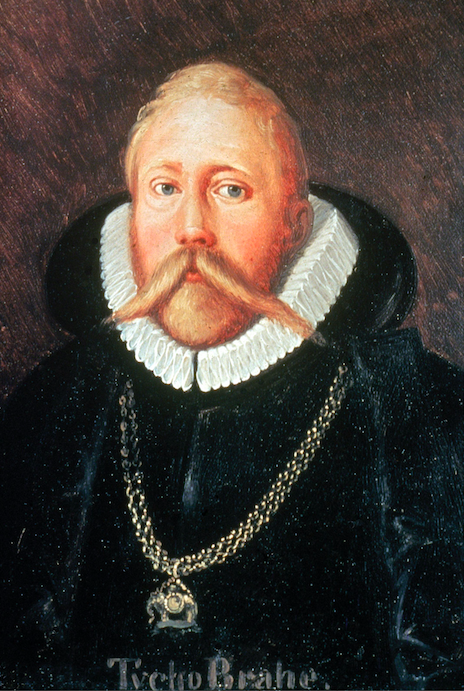
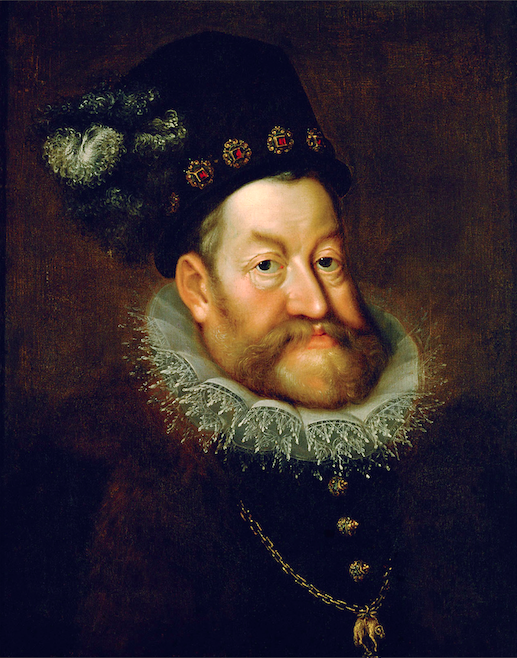
Rudolf II. Habsburg
(18 July 1552, Vienna – 20 January 1612, Prague)
He was the last Habsburg monarch and also the last in the rank of Holy Roman Emperor to make Prague his seat.
As a lover of the arts, a patron of the arts and a supporter of the sciences, he contributed to the great cultural flowering of the Bohemian lands and their lively contacts with foreign countries in the final, Mannerist epoch of the Renaissance – which is called the Rudolphine Age after him in Bohemia and is ranked among the peak periods of earlier Bohemian history.
Towards the end of his reign he faced the intrigues of his brother Matthias, to whom he was forced to cede (1608) the rule of Hungary, Austria and Moravia, and in order to hold on to the throne at all, he had to issue majesties to the Bohemian and Silesian Protestants, confirming freedom of religion for Lutherans, Old Catholics and Bohemian Brethren. In 1611 he forcibly abdicated in favour of Matthias.
Our story
It’s been a long journey… from first idea, first sketch, first project… Great enthusiasm and determination to prepare an unusual experience that combines relaxation, rest and fun.
The branches of the Spa Beerland® group are built with love, with attention to detail, but above all with respect for the place and the destination. That is why you can experience six different experiences in our six branches – from a romantic bath in Karlovy Vary to a premium five-star beer wellness in the centre of Prague. In terms of size, Spa Beerland is currently the largest beer spa in the world.
Spa Beerland® is not only an experience, but also a health and beauty treatment – it is no coincidence that half of our visitors are women who have experienced the beneficial effects of the vitamins and minerals contained in our baths.
Treatments are based on the maximum use of natural ingredients – herbal bath ingredients, oak baths, or resting on organic wheat that we grow in our own fields – everything you try at Spa Beerland® is somehow linked to natural materials and natural healing.
We take great pride in the quality of our service and our personal approach, so it is no coincidence that after years of effort we have received the highest possible award from Tripadvisor, the “Travellers Choice”. It’s an award based on real reviews and only given to the top 10% of services worldwide.
So all that’s left to do is pick the right branch and head out for a beer experience. We look forward to seeing you!
